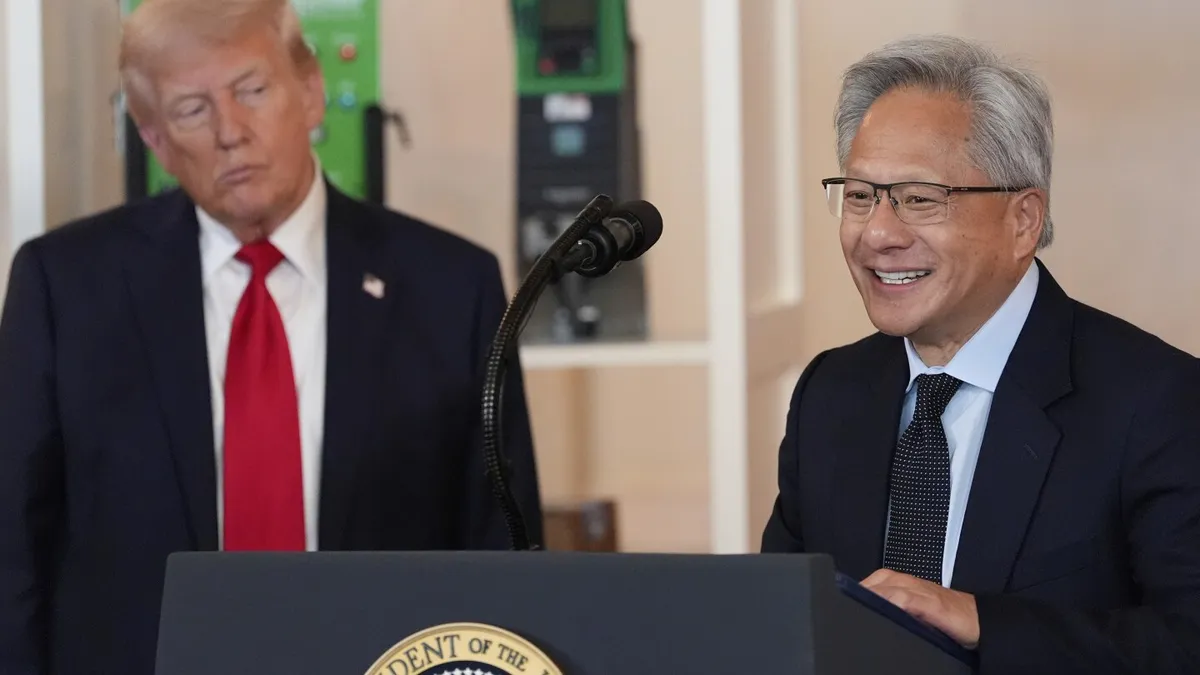
In a significant move, the U.S. Department of Commerce has withdrawn a rule established during the Biden administration that was set to impose stringent limits on the export of artificial intelligence (AI) chips. This decision comes in response to widespread complaints from the tech industry, particularly from major players like Nvidia and Advanced Micro Devices, as well as concerns raised by various countries.
Initially introduced just before President Joe Biden left office, the export framework aimed to address national security concerns associated with AI technology while still considering the economic interests of U.S. producers and international partners. This rule would have required federal approval for exporting AI chips to a broad range of countries, significantly expanding existing restrictions that already targeted adversaries such as China and Russia.
The Commerce Department highlighted that the new requirements could have stifled American innovation and imposed excessive regulatory burdens on companies operating in the tech space. This sentiment was echoed by industry leaders who argued that the restrictions would push allied nations toward seeking AI technology from China, undermining U.S. competitiveness in the global market.
Brad Smith, President of Microsoft, voiced concerns during a recent U.S. Senate hearing, stating that the Biden rule signaled to over 120 nations that they could not rely on the U.S. for their AI technology needs. The broad categorization of countries into different tiers of export restrictions garnered strong opposition from both foreign nations and domestic chip manufacturers.
In light of the rescinded rule, Commerce Undersecretary Jeffery Kessler announced that the Trump administration would work on a new framework aimed at collaborating with “trusted foreign countries” while ensuring that adversaries do not access critical AI technologies. Although a replacement rule is anticipated, specific details regarding its content have yet to be disclosed.
The European Commission expressed approval of the recent change, with spokesperson Thomas Regnier stating that the Biden rule, if implemented, would have jeopardized U.S. diplomatic relations by relegating numerous countries to second-tier status. He emphasized that European Union nations should have unrestricted access to advanced AI chips from the U.S., highlighting the strong cooperation between the U.S. and EU, particularly in the realm of security.
Regnier concluded by noting that European nations represent a significant economic opportunity for the U.S., rather than a security threat, underscoring the importance of maintaining strong trade relationships in the rapidly evolving landscape of AI technology.